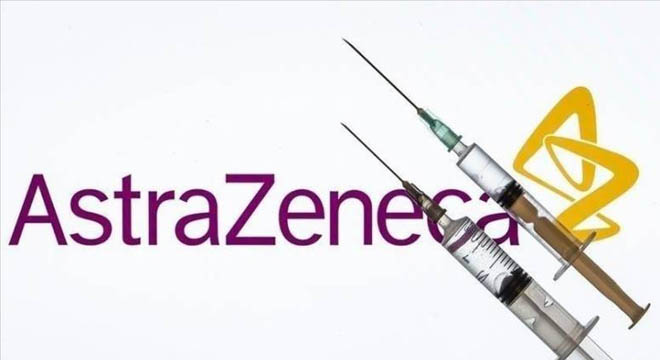A “causal relationship” of rare cases of blood clots following the use of the AstraZeneca COVID-19 vaccine is “plausible” but “not confirmed,” the World Health Organization (WHO) said Wednesday.
The COVID-19 subcommittee of the WHO Global Advisory Committee on Vaccine Safety reviewed the latest information from the European Medicines Agency (EMA) and the UK’s Medicines and Healthcare Products Regulatory Agency, according to a WHO statement.
“Based on current information, a causal relationship between the vaccine and the occurrence of blood clots with low platelets is considered plausible but is not confirmed,” said the global health body.
“Specialized studies are needed to fully understand the potential relationship between vaccination and possible risk factors.”
Earlier on Wednesday, the EMA said there was a “possible link” between the AstraZeneca COVID-19 vaccine and “very rare cases of unusual blood clots.”
The agency, however, upheld its recommendation to continue using the vaccine, saying that its benefits outweigh the risks, an assertion the WHO has supported.
“It is important to note that whilst concerning, the events under assessment are very rare, with low numbers reported among the almost 200 million individuals who have received the AstraZeneca COVID-19 vaccine around the world,” said the WHO.
It said rare adverse events following immunizations “should be assessed against the risk of deaths from COVID-19 and the potential of the vaccines potential to prevent infections and reduce deaths due to diseases.”
“Side effects within two- or three-days following vaccination, the majority of which are mild and local in nature, are expected and common,” said the statement.
However, the WHO listed specific symptoms that would warrant people seeking urgent medical attention.
Among those are “shortness of breath, chest pain, leg swelling, persistent abdominal pain, neurological symptoms, such as severe and persistent headaches or blurred vision, tiny blood spots under the skin beyond the injection site – from around four to 20 days following vaccination.”
The global agency said it was normal for countries to identify potential adverse events following immunization in extensive vaccination campaigns.
“This does not necessarily mean that the events are linked to vaccination itself, but they must be investigated to ensure that any safety concerns are addressed quickly,” read the statement.
“Vaccines, like all medicines, can have side effects. The administration of vaccines is based on a risk versus benefit analysis.”
In its statement earlier, the EMA said it conducted a detailed review of 62 cases of cerebral venous sinus thrombosis – blood clots in veins in the brain – and 24 cases of splanchnic vein thrombosis – blood clots in veins in the abdomen.
A total of 18 of these cases were fatal, according to the EMA.
“EMA’s safety committee has concluded today that unusual blood clots with low blood platelets should be listed as very rare side effects of Vaxzevria (formerly COVID-19 Vaccine AstraZeneca),” the EU regulator said.
In March, several European countries – including Sweden, Germany, France, Italy, Ireland, the Netherlands, Denmark, and Norway – suspended the use of the AstraZeneca jab for a while after reports of blood clots in some vaccinated people.
The EU regulator and the WHO have since repeatedly confirmed the AstraZeneca vaccine’s safety and stressed that its benefits outweigh the risks.
Follow the PNI Facebook page for the latest news and updates.









